ARTICLE AD BOX
How did the US broker a truce between India and Pakistan
A string of high-level calls led by Washington brought a temporary halt to the most serious flare-up between the nuclear-armed neighbours since the 1999 Kargil war.
A ceasefire agreement between India and Pakistan was clinched following intense behind-the-scenes mediation by the United States, ending four days of heavy cross-border hostilities that saw missile and drone attacks across several Indian and Pakistani cities, reported the Indian Express.
At the centre of this diplomatic push was a late-night call between US secretary of state and national security advisor Marco Rubio and Pakistan’s Chief of Army Staff General Asim Munir.
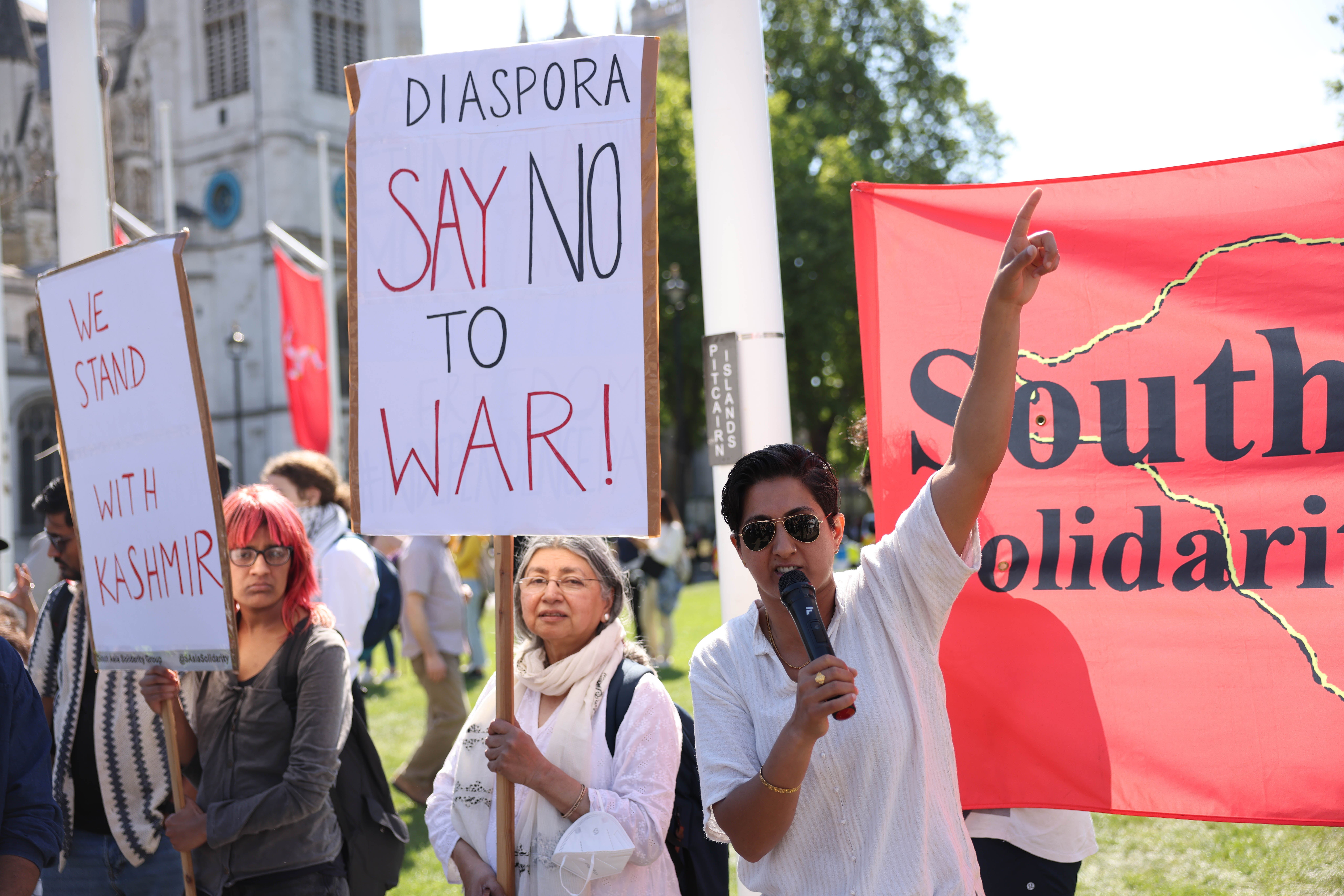
Mr Rubio said he had “offered US assistance in starting constructive talks in order to avoid future conflicts,” marking the first direct conversation between the US administration and General Munir, who is widely seen as the architect of Pakistan’s recent escalation.
The US State Department officially called the ceasefire a “US-brokered” understanding, although Indian officials continue to assert that the truce was a bilateral decision with “no third party involvement”.
As hostilities peaked, Mr Rubio, along with US vice president JD Vance, intensified diplomatic outreach, reported the Indian newspaper.
Mr Rubio spoke to India’s external affairs minister Subrahmanyam Jaishankar on 1 May and again on 8 May, urging “immediate de-escalation” and voicing “US support for direct dialogue between India and Pakistan".
In parallel, he was also in contact with Pakistani prime minister Shehbaz Sharif and eventually escalated talks to General Munir.
Mr Vance personally spoke to Indian prime minister Narendra Modi. “Great work from the President’s team, especially Secretary Rubio,” he posted on X, thanking both Indian and Pakistani leaders for engaging in the ceasefire efforts.
In a post on X, Mr Rubio summarised the whirlwind diplomacy, saying, “Over the past 48 hours, @VP Vance and I have engaged with senior Indian and Pakistani officials, including Prime Ministers Narendra Modi and Shehbaz Sharif, External Affairs Minister Subrahmanyam Jaishankar, Chief of Army Staff Asim Munir, and National Security Advisors Ajit Doval and Asim Malik.”
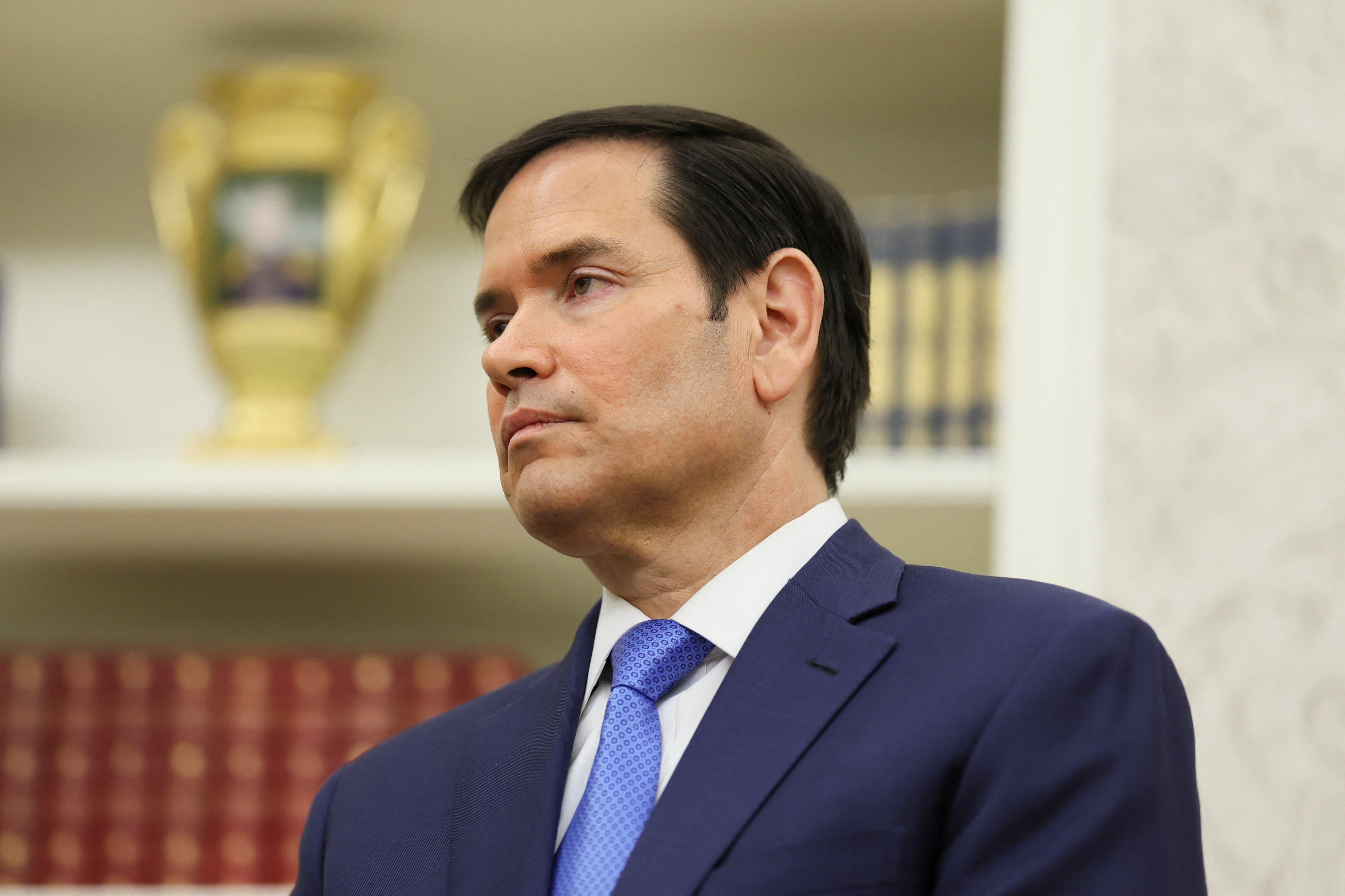
Pakistan, meanwhile, also gained strategic breathing room as it secured an IMF bailout package late Friday — despite India’s abstention — which some analysts believe provided Islamabad with an off-ramp to dial back its aggression without appearing to retreat.
From New Delhi’s standpoint, the current calm is contingent. Officials have said that “any terror attack in future will be deemed as an act of war,” signalling that the threshold for tolerating cross-border terrorism has fundamentally shifted. Diplomatic and economic retaliation remains on the table, including the ongoing suspension of the World Bank-mediated Indus Waters Treaty.
For Islamabad, General Munir was able to project to his domestic audience that Pakistan had responded robustly to Indian strikes, preserving a semblance of military parity.
Namita Singh11 May 2025 04:21
India and Pakistan accuse each other of violating ceasefire hours after reaching deal
India and Pakistan agreed to a ceasefire Saturday after US-led talks to end the most serious military confrontation between the nuclear-armed rivals in decades but accused each other of violating the deal just hours later.
The ceasefire had been expected to bring a swift end to weeks of escalating clashes, including missile and drone strikes, triggered by the mass shooting of tourists last month that India blames on Pakistan, which denies the charge.
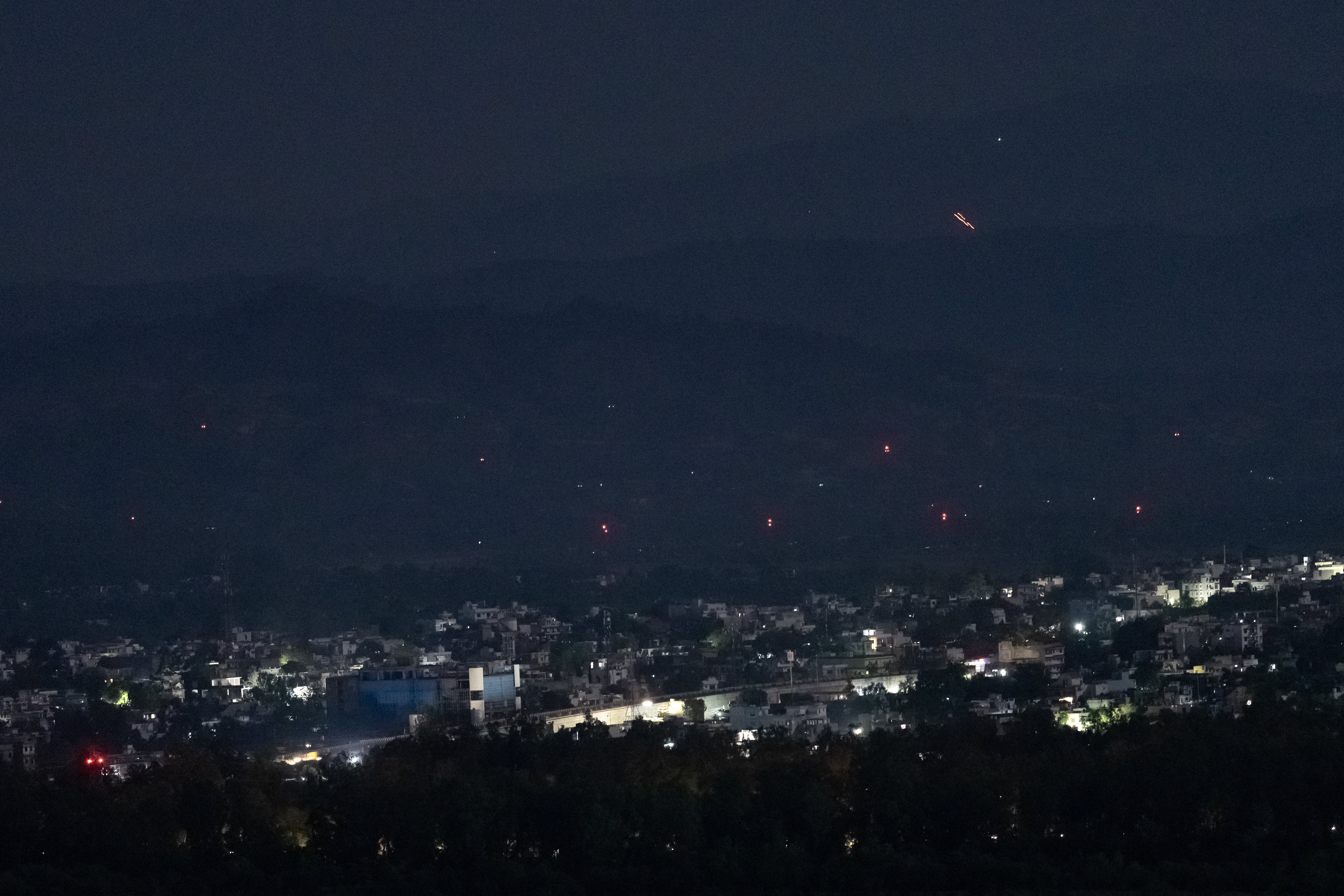
But multiple explosions were heard in two large cities of Indian-controlled Kashmir hours after the countries agreed to the deal.
Indian foreign secretary Vikram Misri said late Saturday that "there had been repeated violations of the understanding arrived between the two countries" and accused Pakistan of breaching the agreement.
"We call upon Pakistan to take appropriate steps to address these violations and deal with the situation with seriousness and responsibility," he said at a news conference in New Delhi.
Misri said the Indian army was "retaliating" for what he called a "border intrusion".
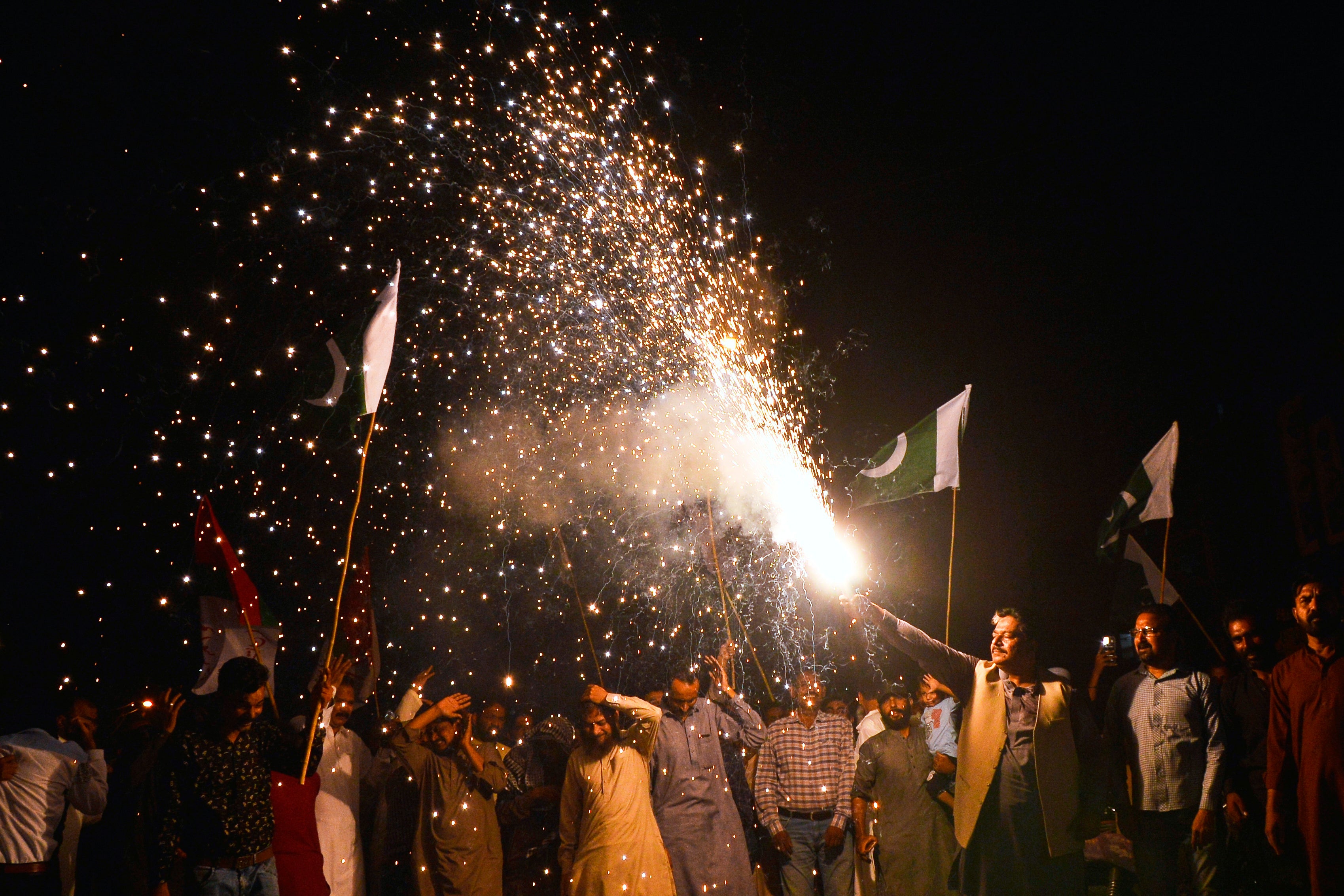
In Islamabad, Pakistan's foreign ministry blamed Indian forces for initiating the ceasefire violation.
The ministry said Pakistan remains committed to the agreement and its forces were handling the situation with responsibility and restraint.
"We believe that any issues in the smooth implementation of the ceasefire should be addressed through communication at appropriate levels," the ministry said.
Namita Singh11 May 2025 04:00
India accuses Pakistan of violating ceasefire after explosions over Kashmir
India has accused Pakistan of violating a ceasefire after explosions were heard over two cities in India-administered Kashmir just hours after a truce was reached between the two nuclear-armed countries.
Indian foreign secretary Vikram Misri blamed Pakistan for violating the truce after “huge” blasts were heard over Srinagar, a city to the north of Indian Kashmir, at around 9pm India time.
“For the last few hours, there have been repeated violations of the ceasefire reached earlier between India and Pakistan,” Mr Misri said. “The armed forces are giving an adequate and appropriate response to these violations.
The Independent’s producer Mohammed Dawood, who is on the ground in Srinagar, said it was “like the city was being bombed”.
Witnesses also saw projectiles over Jammu, to the south, at around 7.45pm India time, nearly three hours after the truce was agreed.
Alexander Butler11 May 2025 03:00
US Vice President JD Vance called Modi to encourage ceasefire talks - report
US Vice President JD Vance was the one to call Indian Prime Minister Narendra Modi to encourage ceasefire talks over the escalating conflict with Pakistan, according to a report.
Earlier in the week, Vance said that the conflict “was none of [America’s] business.”
“What we can do is try to encourage these folks to de-escalate a little bit, but we’re not going to get involved in the middle of war that’s fundamentally none of our business and has nothing to do with America’s ability to control it,” Vance said in an interview with Fox News on Thursday.
According to CNN, the US received “alarming intelligence” about what was happening between India and Pakistan that pushed Vance, interim national security adviser Marco Rubio and White House chief of Susie Wiles into increasing U.S. involvement in peace talks.
“The vice president briefed President Donald Trump on the plan, then spoke with Modi at noon on Friday, making clear to the Indian prime minister that the White House believed there was a high probability for dramatic escalation as the conflict went into the weekend,” CNN reports.
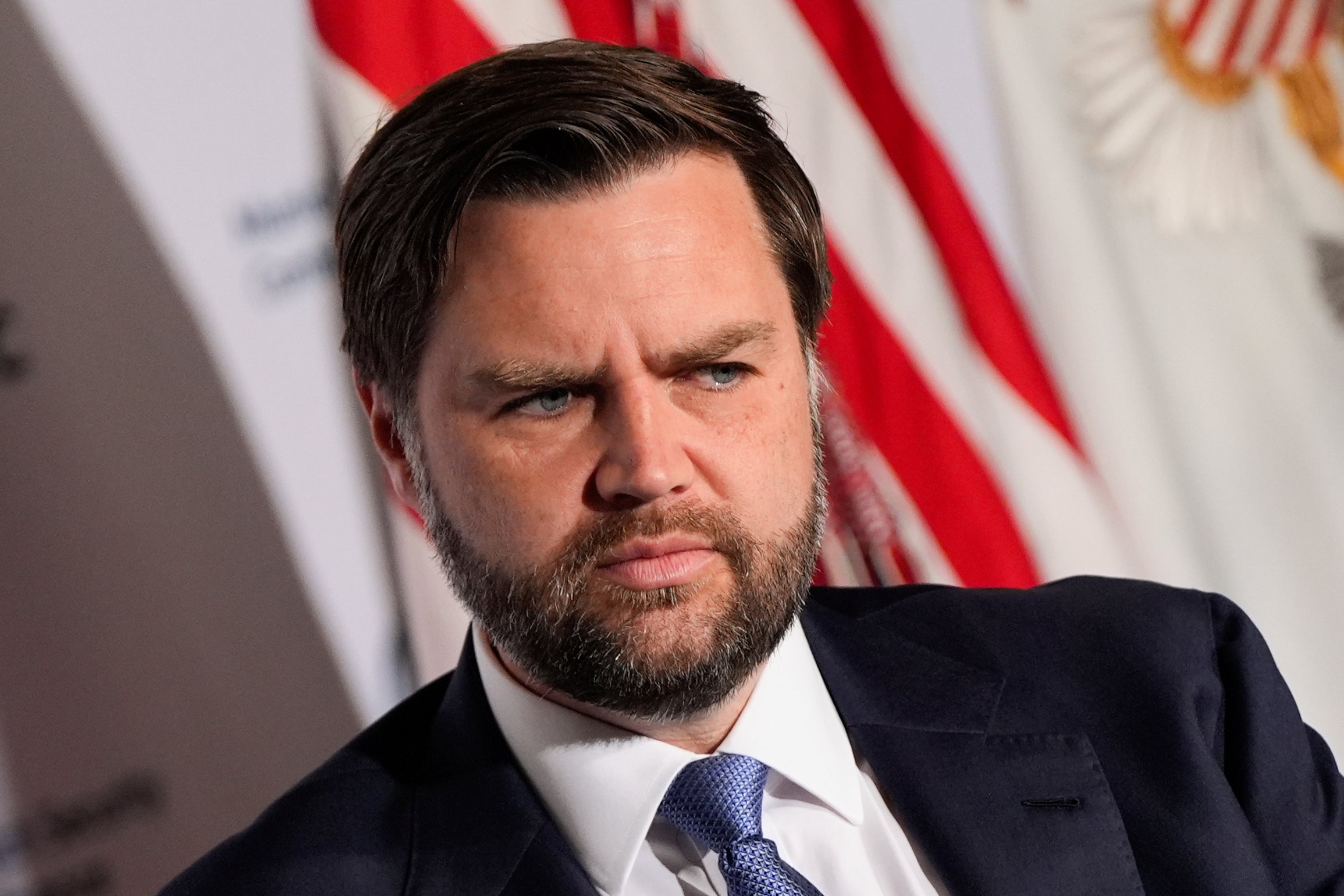
Rhian Lubin11 May 2025 02:24
Ceasefire violations between India and Pakistan signal deeper tensions beneath the surface of diplomacy
Despite a US-brokered ceasefire between India and Pakistan after four days of intense military exchanges, renewed accusations of violations hours after the announcement underscore how fragile such agreements remain in the disputed territory of Kashmir.
Indian foreign secretary Vikram Misri in a press briefing late on Saturday said that Pakistan had breached the ceasefire understanding reached earlier that day.
“There had been repeated violations,” he said, adding that the Indian Army had retaliated against what it described as a “border intrusion”.
For a conflict long characterised by periodic flare-ups and swift escalations, the latest developments in Kashmir highlight how tenuous the peace can be – even with international intervention.
Namita Singh11 May 2025 02:00
Pakistan's foreign minister denies country has broken truce
A spokesperson from Pakistan’s foreign minister has now issued a statement in response to India’s accusation it has broken ceasefire.
The country blamed India for breaking the truce, signed by both countries just hours ago.
The statement reads: “Pakistan remains committed to faithful implementation of ceasefire between Pakistan and India, announced earlier today.
"Notwithstanding the violations being committed by India in some areas, our forces are handling the situation with responsibility and restraint.
"We believe that any issues in smooth implementation of the ceasefire should be addressed through communication at appropriate levels.”
Alexander Butler11 May 2025 01:00
Watch: Explosions heard over Srinagar in Kashmir hours after ceasefire
Alexander Butler11 May 2025 00:01
'It's like we are being bombed', say witnesses
The Independent’s producer Mohammad Dawood, who is in Srinagar, has said it is like the city is “being bombed”.
He first heard explosions at around 9pm Indian time and said they have not stopped since. Footage showed projectiles flying across the night sky.
Chief minister of Jammu & Kashmir Omar Abdullah said on X: “What the hell just happened to the ceasefire? Explosions heard across Srinagar!!!”
Alexander Butler10 May 2025 23:00
How do India and Pakistan’s armies and nuclear arsenals compare to each other?
The dramatic flare-up of tensions and targeted cross-border strikes between India and Pakistan this week has raised the spectre of a first all-out war between the two nuclear-armed neighbours in decades.
The two countries have fought two wars since independence over the disputed region of Kashmir – and three in total – and the picturesque Himalayan valley is once again at the centre of their standoff. Already arguably the most highly militarised region in the world, with hundreds of thousands of troops and paramilitary forces deployed to maintain security in Indian-administered Kashmir at the best of times.
But taken together, the Indian and Pakistani militaries boast a total of around 2 million armed forces personnel. It means an all-out conflict would be one of the largest by number of combatants since the end of the Second World War.
The Independent’s Arpan Rai takes a closer look here:
Alexander Butler10 May 2025 23:00
Recap: Nuclear neighbours India and Pakistan step closer to war
A terror attack in Kashmir on 22 April has pushed India and Pakistan a step closer to war, marking the biggest breakdown in relations since 2019.
- 22 April: Gunmen shoot and kill 26 tourists at the tourist town of Pahalgam in Indian-administered Kashmir, a major shift in a regional conflict that has largely spared civilians. The unidentified gunmen also wound 17 people. A group called Kashmir Resistance, which India accuses Pakistan of backing, claims the attack.
- 23 April: India downgrades diplomatic ties, closes the only functional land border crossing, and suspends a crucial water-sharing treaty that has survived two wars and a major border skirmish between the two countries.
- India launches a manhunt for the Pahalgam assailants. Pakistan denies involvement in the attack.
- 24 April: India and Pakistan cancel visas for each other's nationals, setting a deadline for them to leave. In retaliation, Pakistan shuts its airspace for all Indian-owned or Indian-operated airlines, and suspends all trade with India, including to and from any third country. Government ministers on both sides hint the dispute could escalate to military action.
- 25 April: India says its troops exchanged fire with Pakistani soldiers at the Line of Control, the de facto border dividing the disputed Kashmir region. Pakistan warns it could suspend an agreement that established the Line of Control, in what would be a major and worrying step.
- 26 April: Pakistani prime minister Shehbaz Sharif vows his government will respond "with full force and might" to Indian attempts to stop or divert the flow of water.
- 30 April: Pakistan's information minister Attaullah Tarar says his government has "credible intelligence" that India intends to carry out military action against Pakistan in the next 24 to 36 hours.
- 3 May: Pakistan test-fires a ballistic missile with a range of 450km.
- 7 May: India fires missiles on Pakistan, which calls the strikes an "act of war" and vows to avenge those who died in the pre-dawn attack. The missiles kill 31 people, including women and children, in Pakistan-administered Kashmir and the country's Punjab province. The strikes target at least nine sites "where terrorist attacks against India have been planned", says India's defense ministry. Pakistan claims it downed several Indian fighter jets.
- 8 May: India fires attack drones into Pakistan, killing at least two civilians, the Pakistani military says. India, meanwhile, accuses its neighbour of attempting its own attack and acknowledges targeting its arch rival's air defence system.
- India evacuates thousands of people from villages near the highly militarised frontier in the Kashmir region. Flights remain suspended at over two dozen airports across northern and western regions of India.
- 9 May: India suspends its biggest domestic cricket tournament for a week following the escalating military tensions with Pakistan. Pakistan initially says it will move its own domestic T20 tournament to the United Arab Emirates because of the crisis, but then says it will only postpone matches. India's army says drones have been sighted in 26 locations across many areas in Indian states bordering Pakistan and Indian-controlled Kashmir, including the main city of Srinagar. The drones were tracked and engaged, it adds.
- 10 May. 5pm Indian time: US president Donald Trump announced a “full and immediate ceasefire” between India and Pakistan.
- 10 May, 7.45pm Indian time: Residents in Indian-controlled Kashmir report hearing loud explosions at multiple places in the region, including Srinagar, Jammu, and the garrison town of Udhampur.
- 10 May, 11pm Indian time: Indian accuses Pakistan of violating the ceasefire and warns that the military will respond “appropriately”.
Alexander Butler10 May 2025 22:30

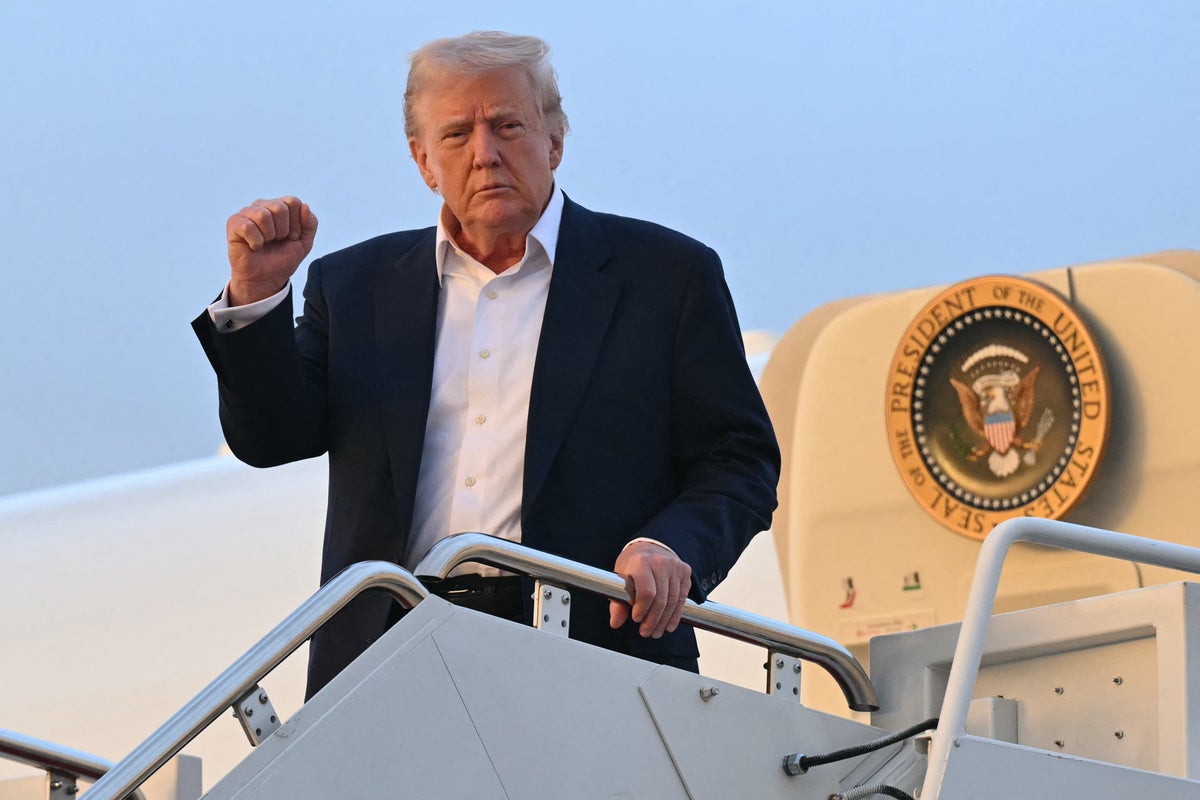






 English (US) ·
English (US) ·